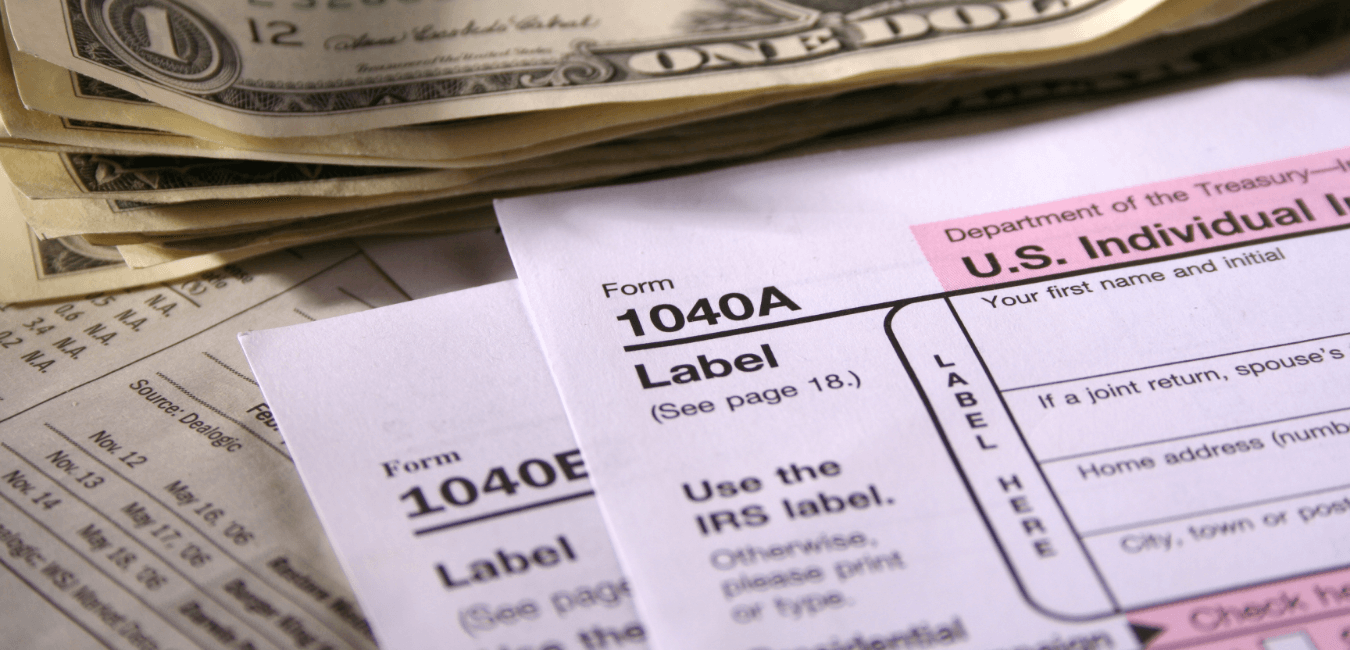If you’re expecting a tax refund, you’re probably hoping to use the money for things you need, such as a car repair, a major purchase, or paying bills. If you have past due bills and debt collectors are calling or writing to you to try to get payment, a common question is “Can debt collectors take your tax refund?” In most cases, the answer is no, but there are a few circumstances that it may be possible.
When Can Your Tax Refund Be Seized?
If you owe income tax money to the IRS, your tax refund may be intercepted to pay your past-due bill. If the amount of the refund is larger than the amount you owe, you’ll be refunded the difference. Your refund could also be seized if you have defaulted on student loans, but before this happens, you’ll be contacted by the Treasury Department to give you an opportunity to pay them off.
If you’re responsible for paying child support but are delinquent, the office of child support enforcement can request that money be withheld from your tax refund to pay the back support. If you’re married and file a joint return with your spouse, your tax refund may be seized if your spouse is in any of these special circumstances.
Other Debts
Collections on debts such as medical bills or credit card debt won’t be able to attach your tax refund. There are other methods debt collectors can use to get you to pay what you owe. If you’ve been unable to work out a payment agreement, they may file a lawsuit to get a judgment against you. If this happens, they may be able to garnish your wages or levy a bank account, so if you deposit your tax refund into your bank account, it could be seized if there’s a judgment against you.
Your Rights
It’s important for you to do the best you can to pay whatever you owe. If you’re past due with federal student loans, there are many payment plan options. If you’re experiencing hardship and can’t pay child support, you can file a motion in court to ask for your payments to be lowered. If tax refund garnishment creates a hardship, you can apply for hardship relief through the IRS.
Dealing with Debt Collectors
Do your best to pay what you owe, and if you’re having financial difficulty, communicate with your creditors to find out what your options are. If debt collectors are trying to get you to pay past due bills, make sure the bills they’re trying to collect are legitimate.
Review your credit reports to make sure there are no errors on them such as accounts showing up more than once, wrong balances, or accounts that don’t even belong to you. Dovly is an AI credit engine that can help you dispute errors on your credit report. Try it risk-free with our free membership tier.



